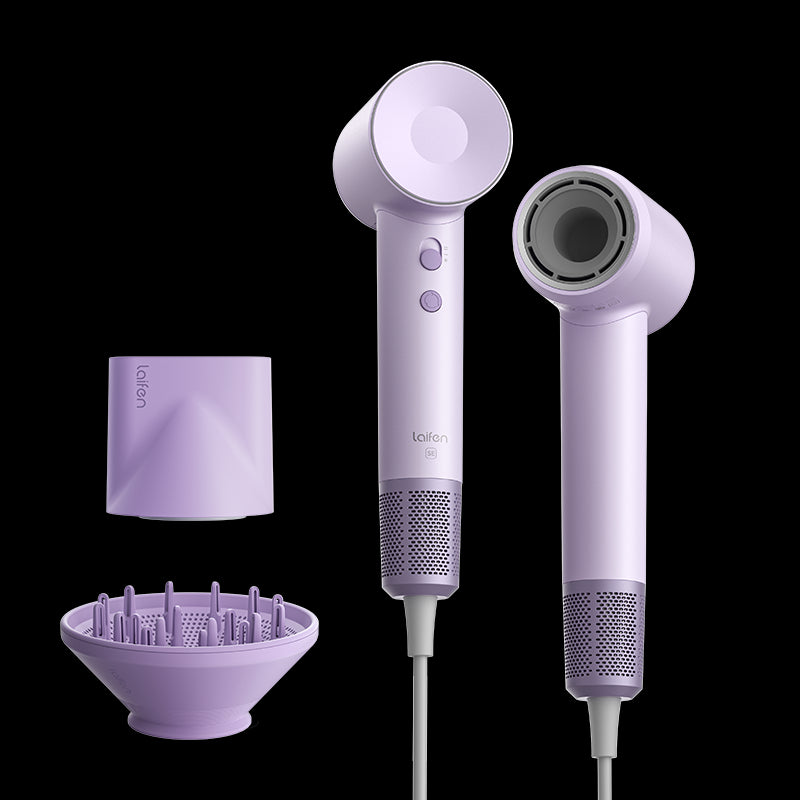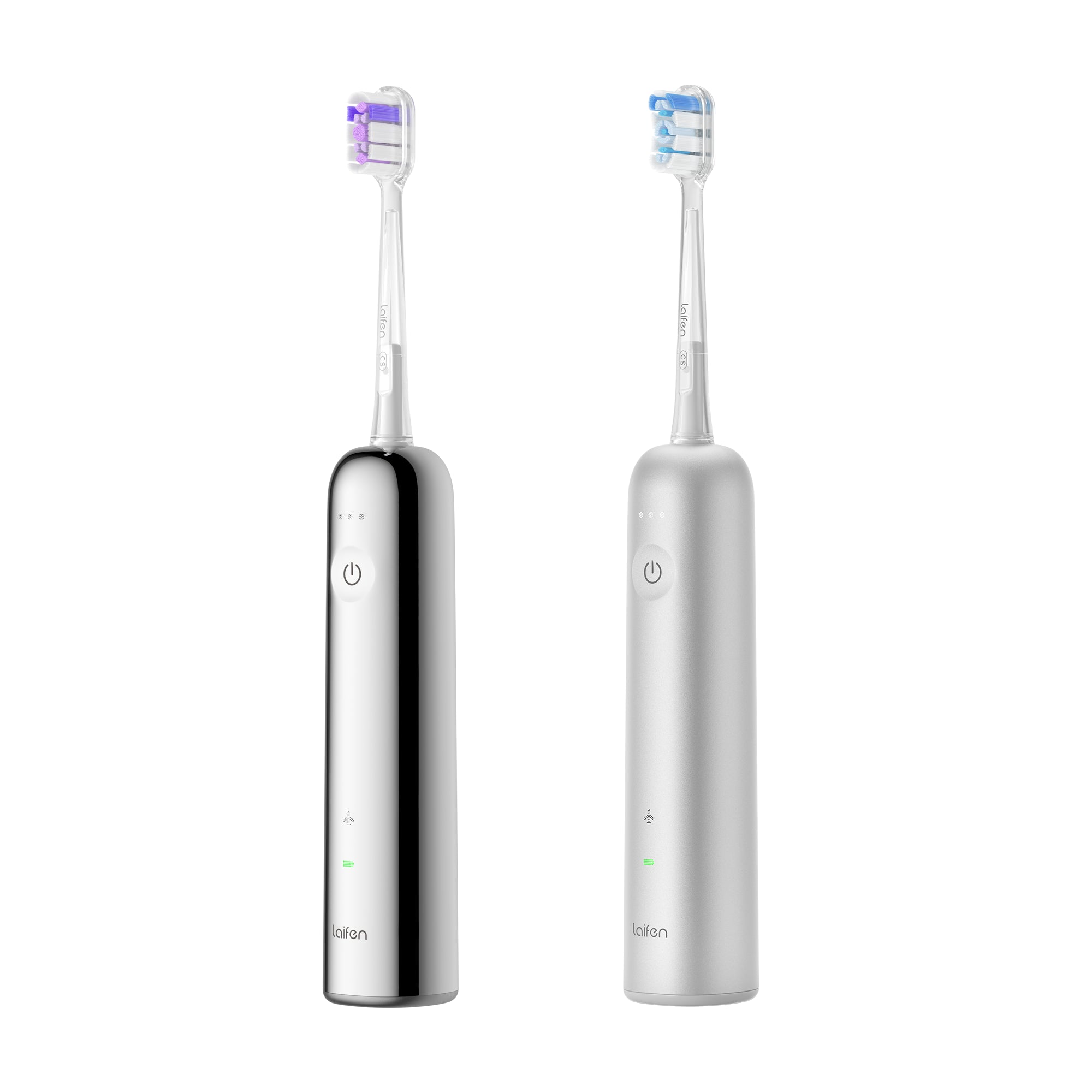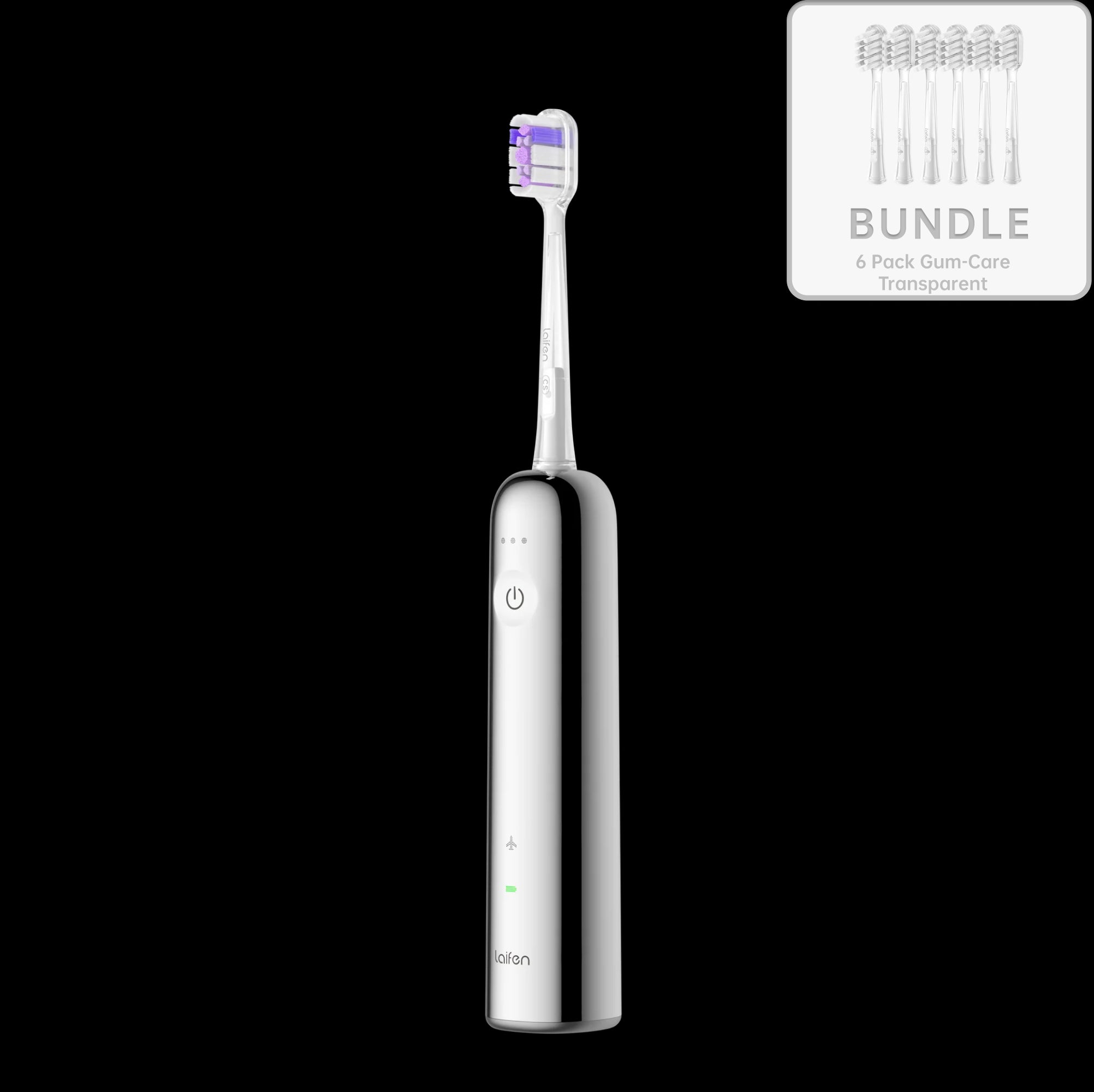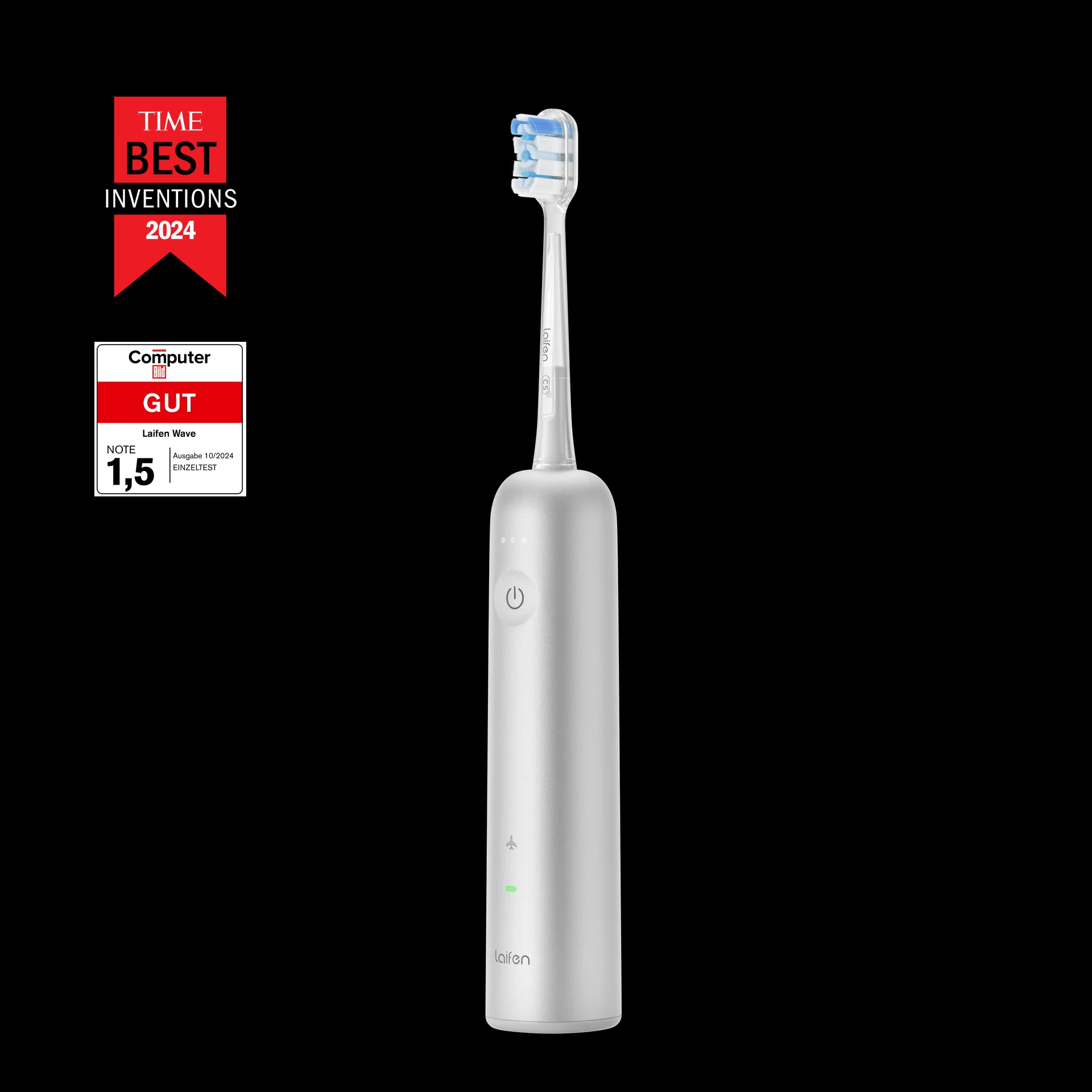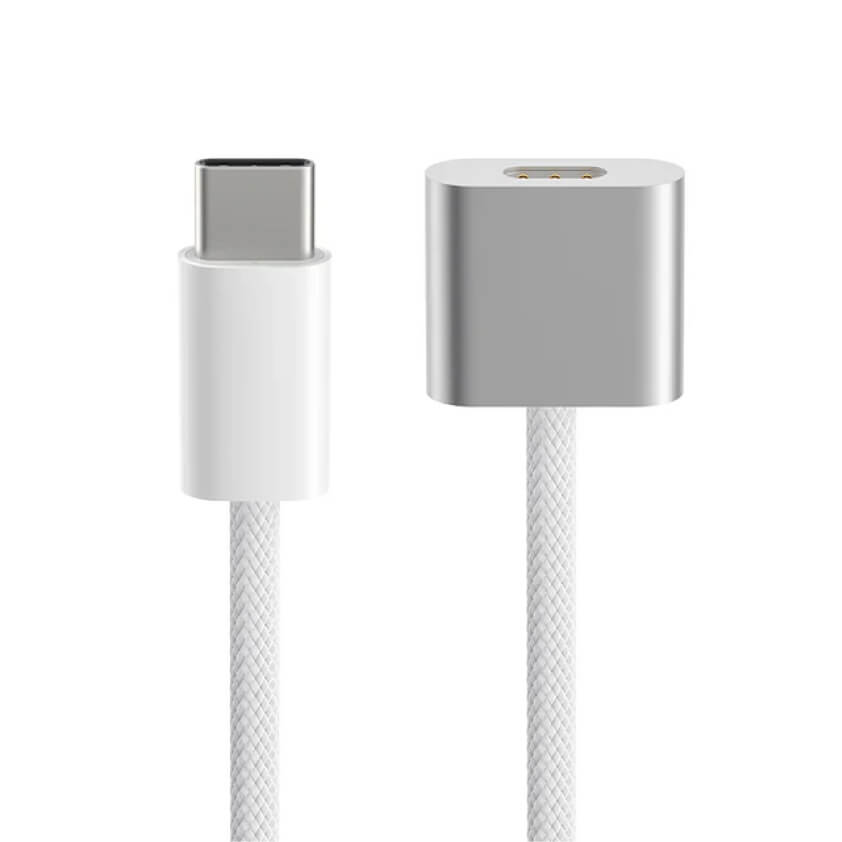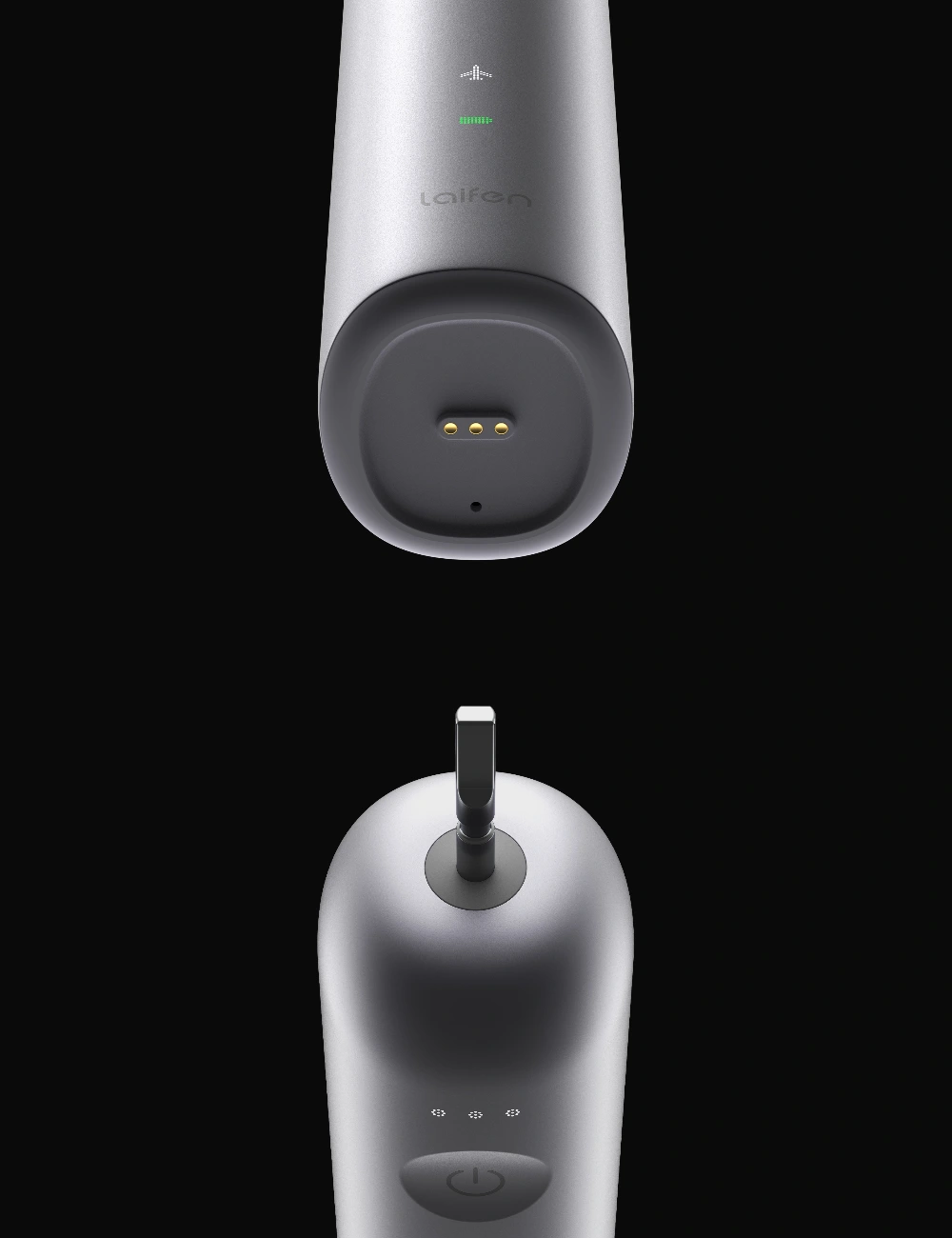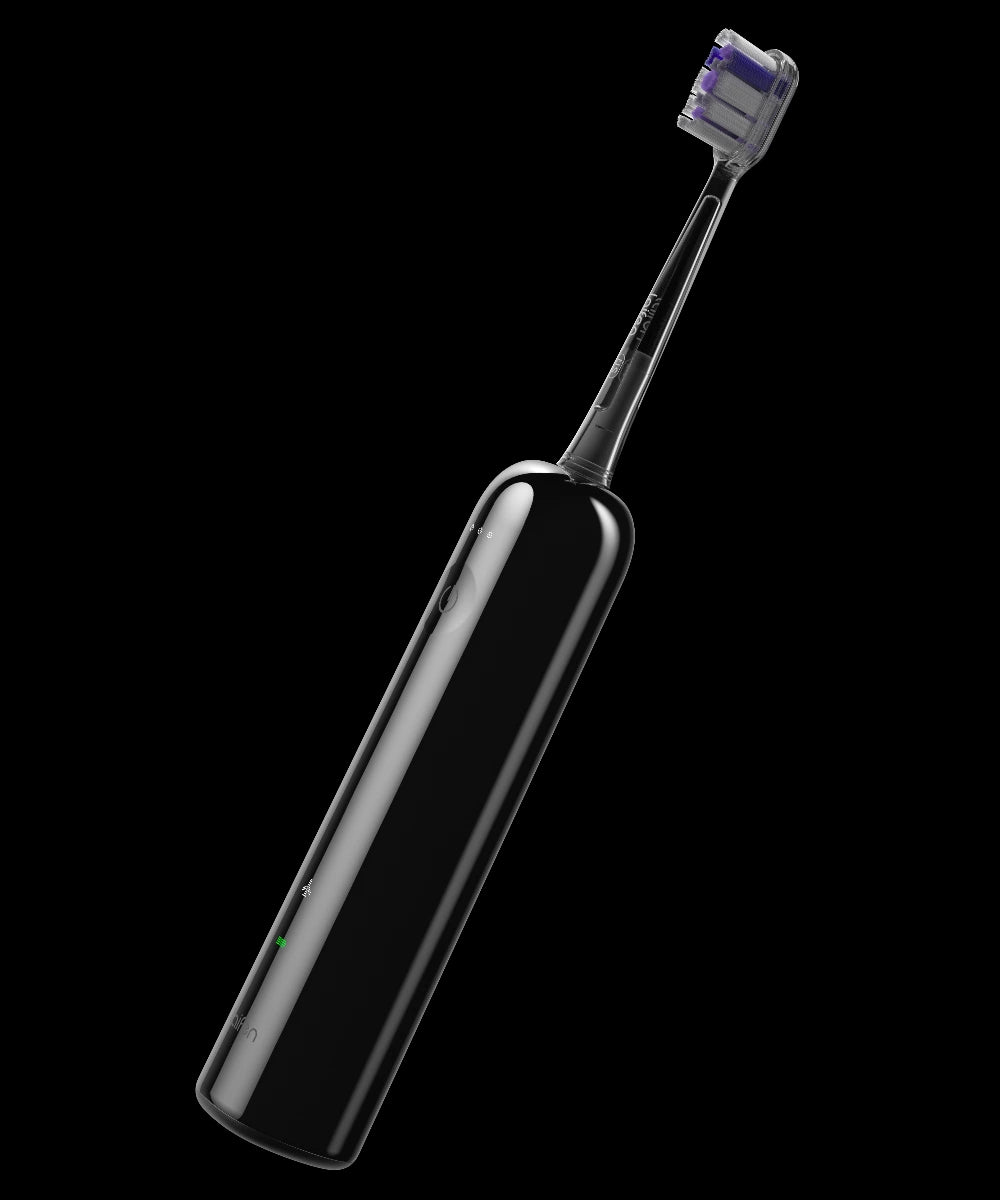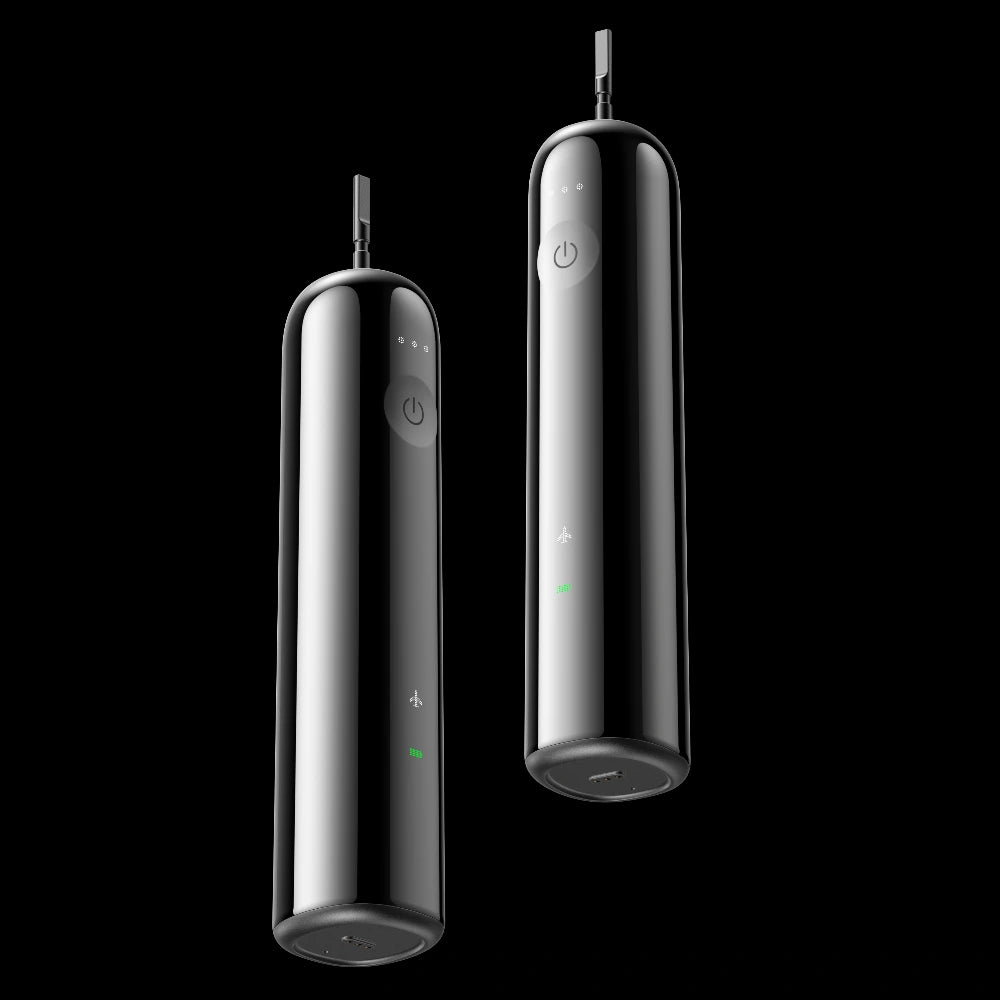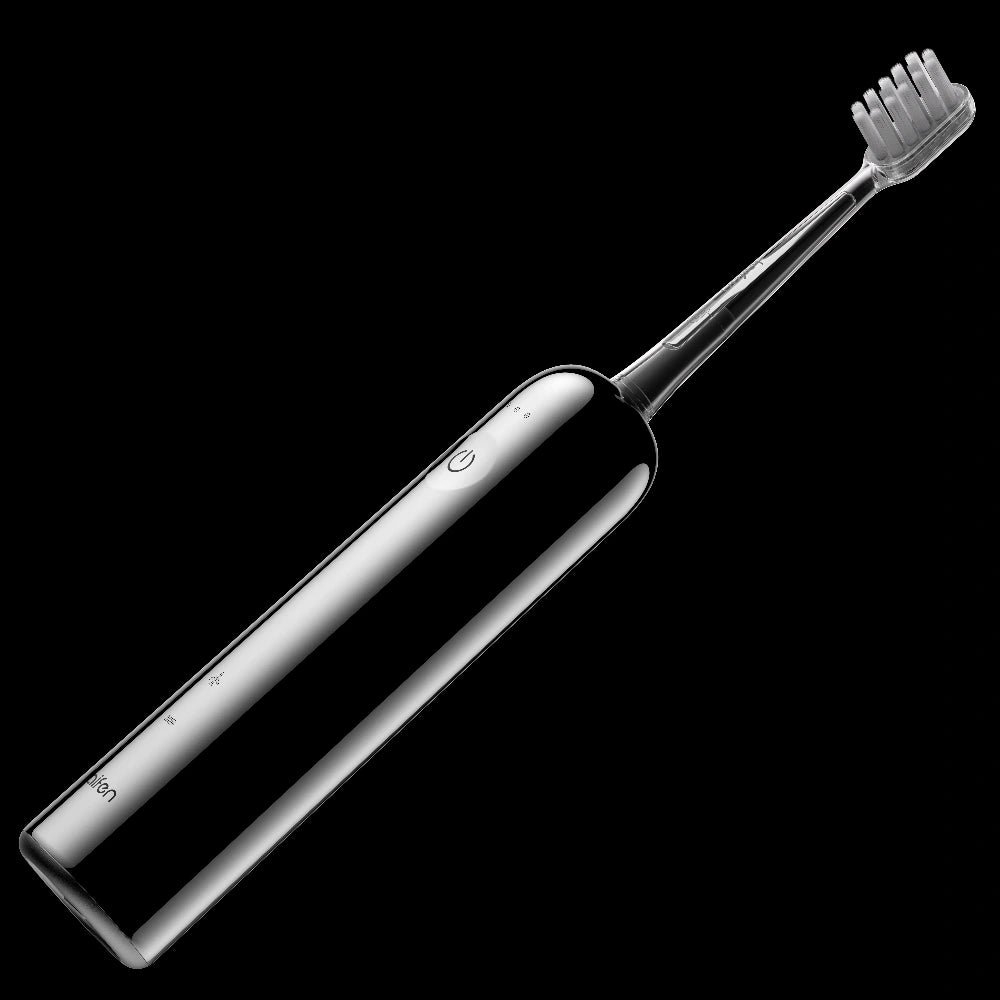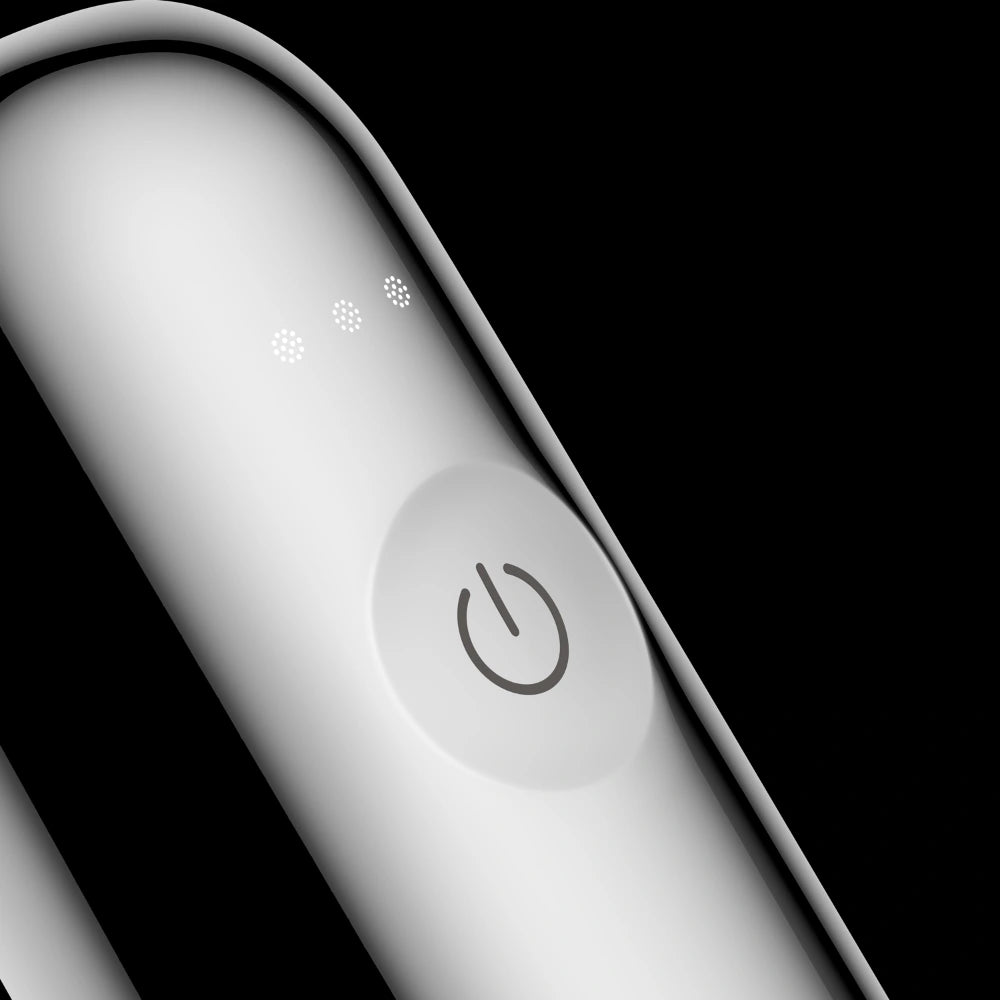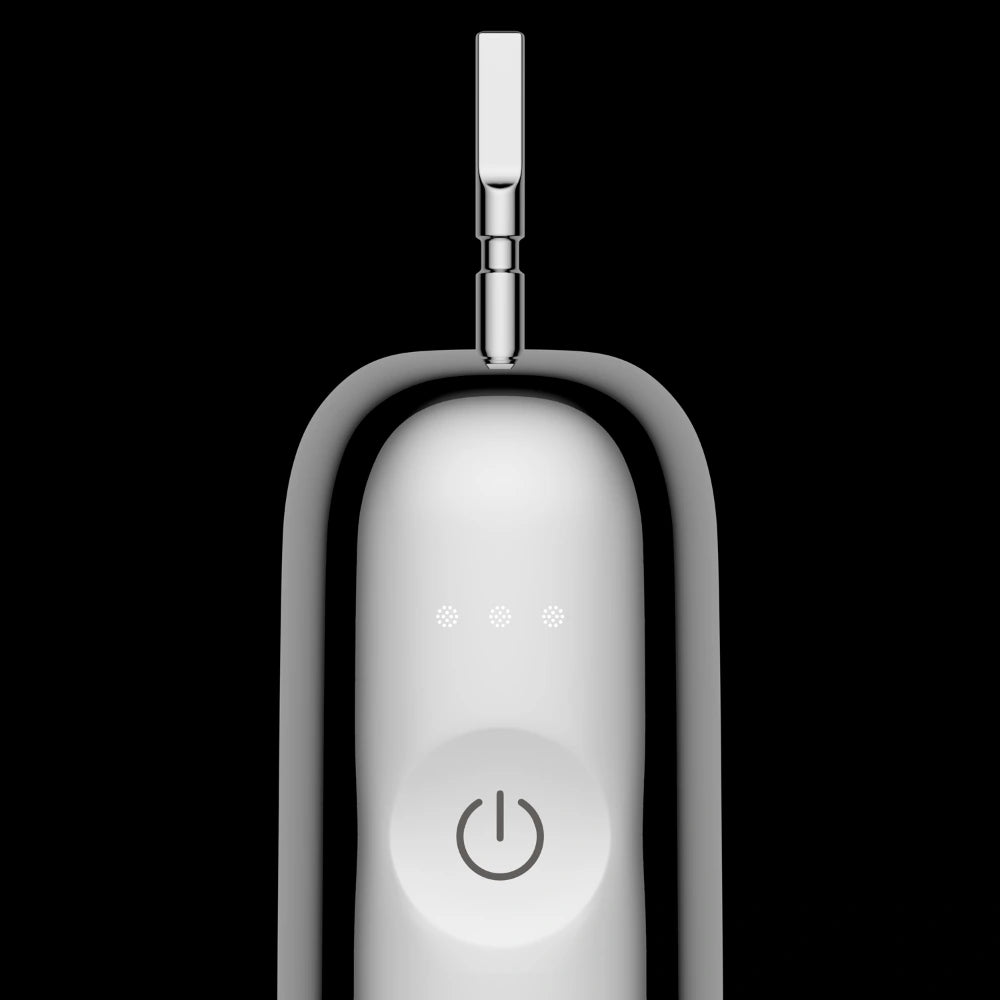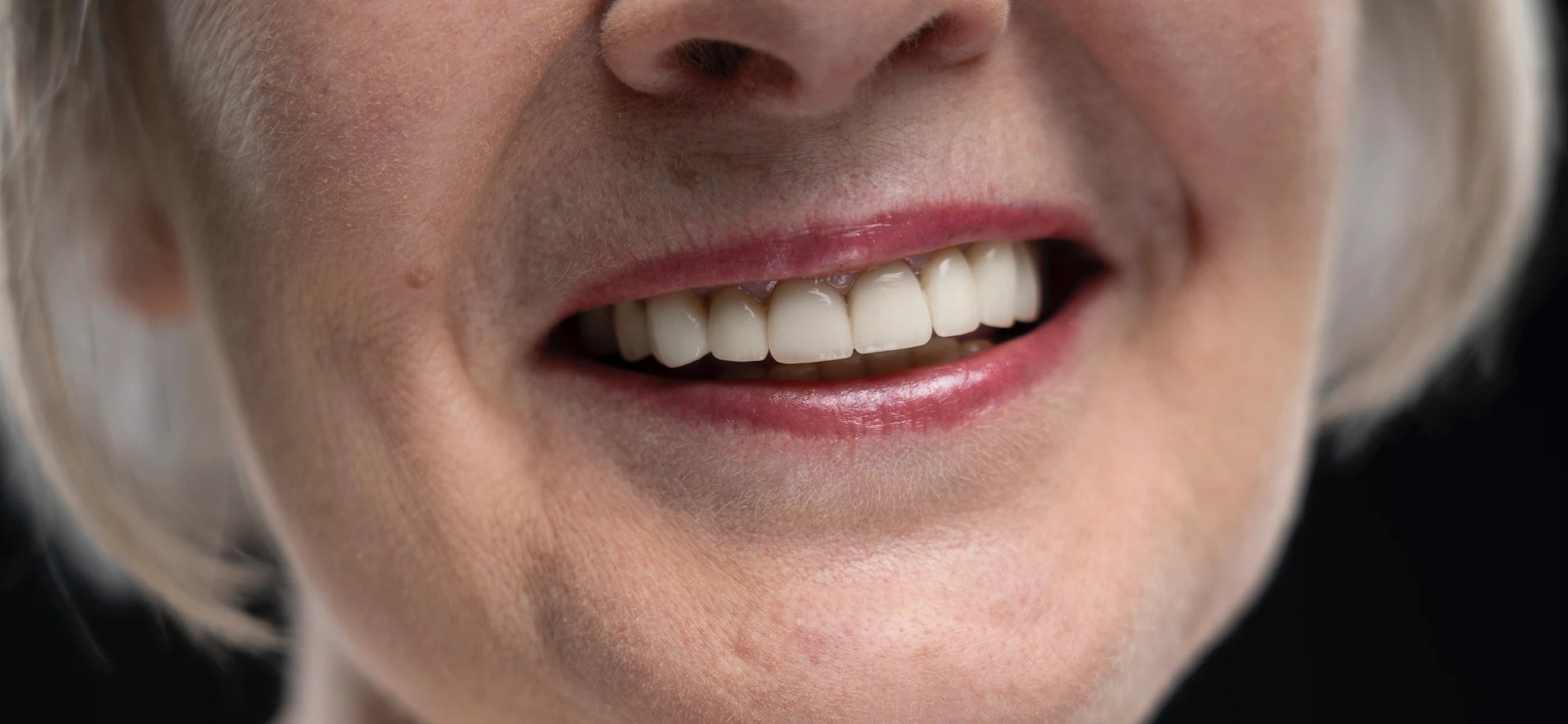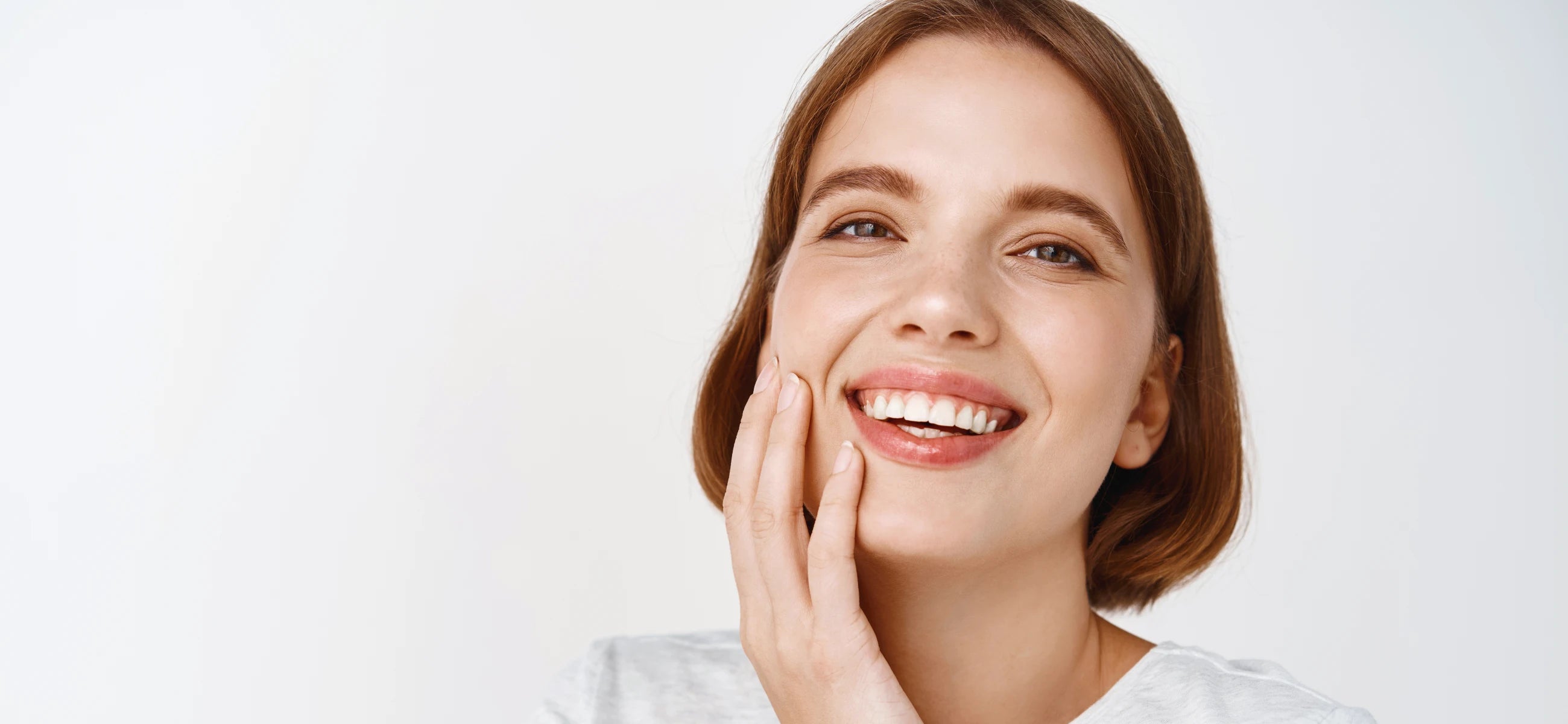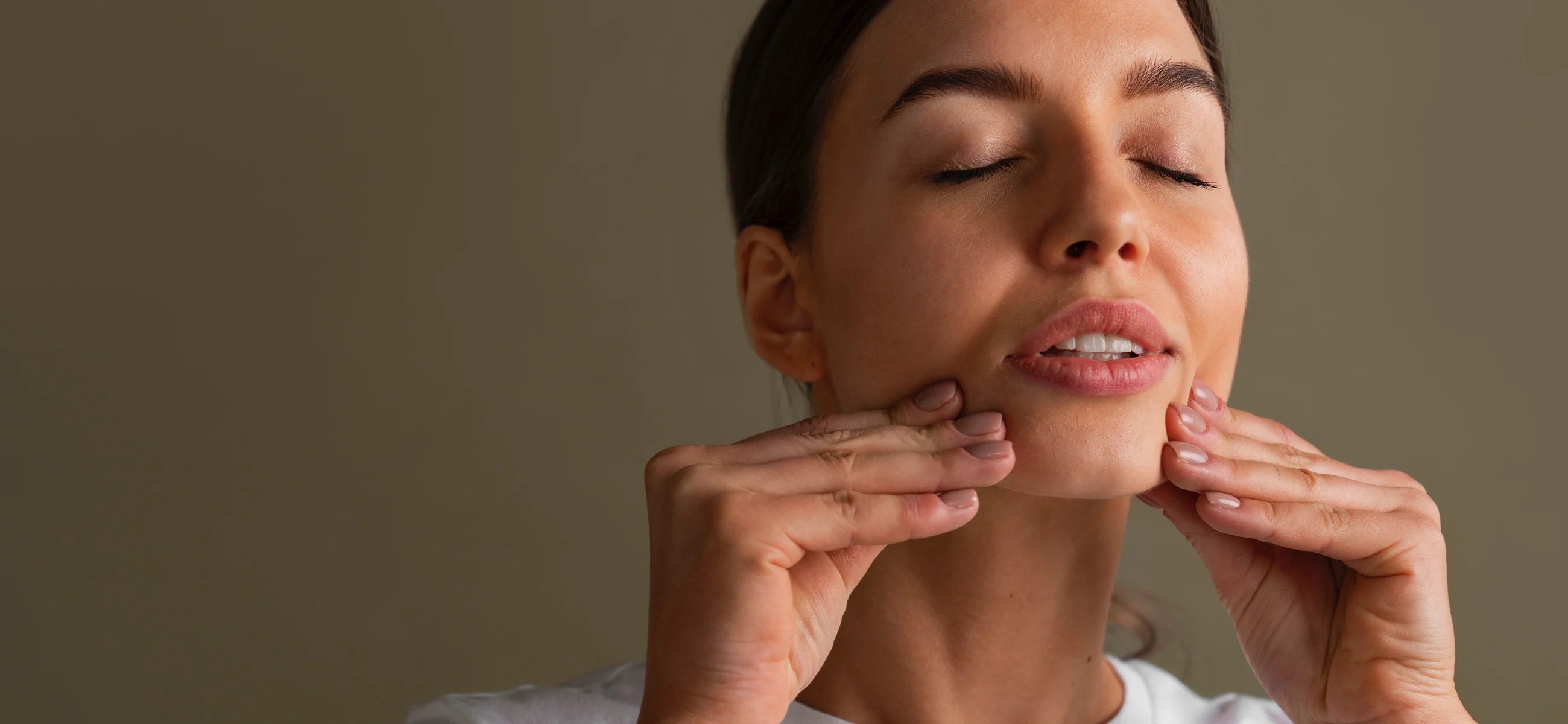
In this article
Bruxism, also known as teeth grinding, is an affliction that many people experience from time to time. Though most people grind their teeth during the night, some people do it during the day and it can be a result of numerous issues.
It's also an issue that can affect people of all ages, from infants through to toddlers and also adults. But is bruxism really something to worry about? And if you do grind your teeth, how do you stop it? Join us as we take a closer look at what bruxism is, what causes it, and how you can potentially treat it with some simple solutions.
What is bruxism?
Teeth grinding is officially known as bruxism. It's the act of grinding, gnashing, or clenching your teeth, either throughout the day or night.
Many people have sleep bruxism, which is a sleep-related disorder similar to other issues like sleep apnea. In cases of infrequent or mild bruxism, treatment isn't necessary and if an infant is grinding teeth, they may stop on their own after a while.
However, if bruxism becomes chronic - i.e. a person does it for a long period of time without stopping, it's important to consider some form of teeth grinding treatment.
What causes teeth grinding?
There isn't a sole cause of bruxism, and different people are affected for different reasons. Teeth grinding in babies might be caused by anxiety or even slight pain or discomfort and it may go away on its own.
In adults, bruxism may come as a result of work or home-related stress. It may also stem from problems related to other sleep conditions, which themselves might be stress-related.
In other instances, bruxism might be caused by untreated dental issues, and an inability to chew properly can lead to issues during the night.
If you're worried that you have bruxism or if you have noticed your toddler grinding their teeth, you should visit your dentist to report the problem.
A simple dental examination will be able to look into the issue and determine whether or not it is caused by any issues with your teeth.
Your dentist will also be able to make some treatment recommendations to try and prevent bruxism from causing you problems going forwards, as we introduce below.
How to stop grinding teeth?
One of the most common treatments for bruxism (teeth grinding) is to wear a mouthguard. In fact, a mouthguard for grinding teeth is a common way for adults to treat the condition, and it may also be an option for people with other sleep-related disorders. Here are some of the treatment options you might consider if you have bruxism:
Mouthguard or splint
A dentist or a medical professional will recommend the best course of treatment and will arrange a mouthguard fitting, as it's important to use a guard that is tailored to the shape of your teeth. In some cases, you might have to wear a splint to treat bruxism, but this isn't as common as a guard.
Dental correction
Some people have bruxism because they have tooth issues. For instance, if your teeth are not straight and cause you to chew improperly, it might cause you to grind your teeth at night. In this case, you will require a full dental examination and your dentist will recommend the best course of action.
Stress management
Some people grind their teeth because they are stressed or anxious and not as a result of any dental condition. Licensed sleep therapists and behavioral therapists can recommend different ways to improve your sleep quality, which may help you to stop grinding your teeth.
Medication
While medications aren't typically used to treat bruxism, some people turn to muscle relaxants before bed time to stop grinding. If you're interested in going down this route, please consult a doctor before using any type of medication and ensure that it's safe to do so.
Botox for teeth grinding
Though it might not seem like an obvious solution, botox - which is a form of botulinum toxin - can help some sufferers of bruxism. Again, you would need to consult a medical professional before going down this route and it won't be suitable for everyone.
How to stop grinding teeth in sleep naturally?
If you don't like the sound of dental intervention, botox, or a muscle relaxant, you might prefer a natural, home remedy that may help to prevent bruxism. Some potential home remedies that you can try include:
-
Perform muscle and jaw stretching exercises before going to bed. This can alleviate some of the discomfort associated with bruxism and may help to prevent it when you sleep.
-
Apply a warm compress or a heat pack to one side of your face for 15 minutes. Then switch to the other side and apply it for the same period of time. This can help your muscles to relax and can also potentially prevent bruxism, at least in the short term.
-
Incorporate magnesium-rich foods into your diet. Magnesium is a natural relaxant and can help to regulate your mood, which is helpful if you grind your teeth due to stress or anxiety. Look to foods like fish, bananas, and peanut butter, as they are all rich in magnesium and widely available.
-
Drink herbal tea and other non-caffeinated beverages. Chamomile tea is particularly good, as it has soothing properties and can even help to reduce the amount that you grind at night.
Conclusion
Teeth grinding, or bruxism, can be problematic, particularly if it is chronic and goes untreated for a long period of time. The good news is that there are lots of simple things you can try to treat it, including wearing a mouthguard or splint when you go to bed.
If you want to treat your bruxism and are concerned that it is affecting your quality of life, reach out to a dentist to book an appointment and they will help you decide on the best way forward.


